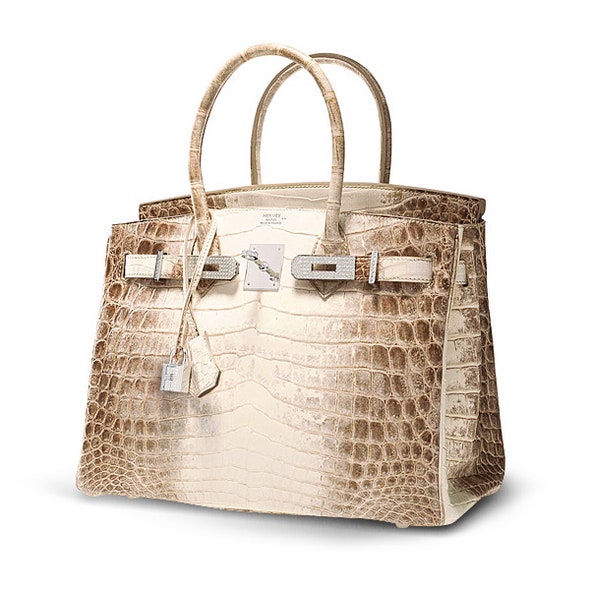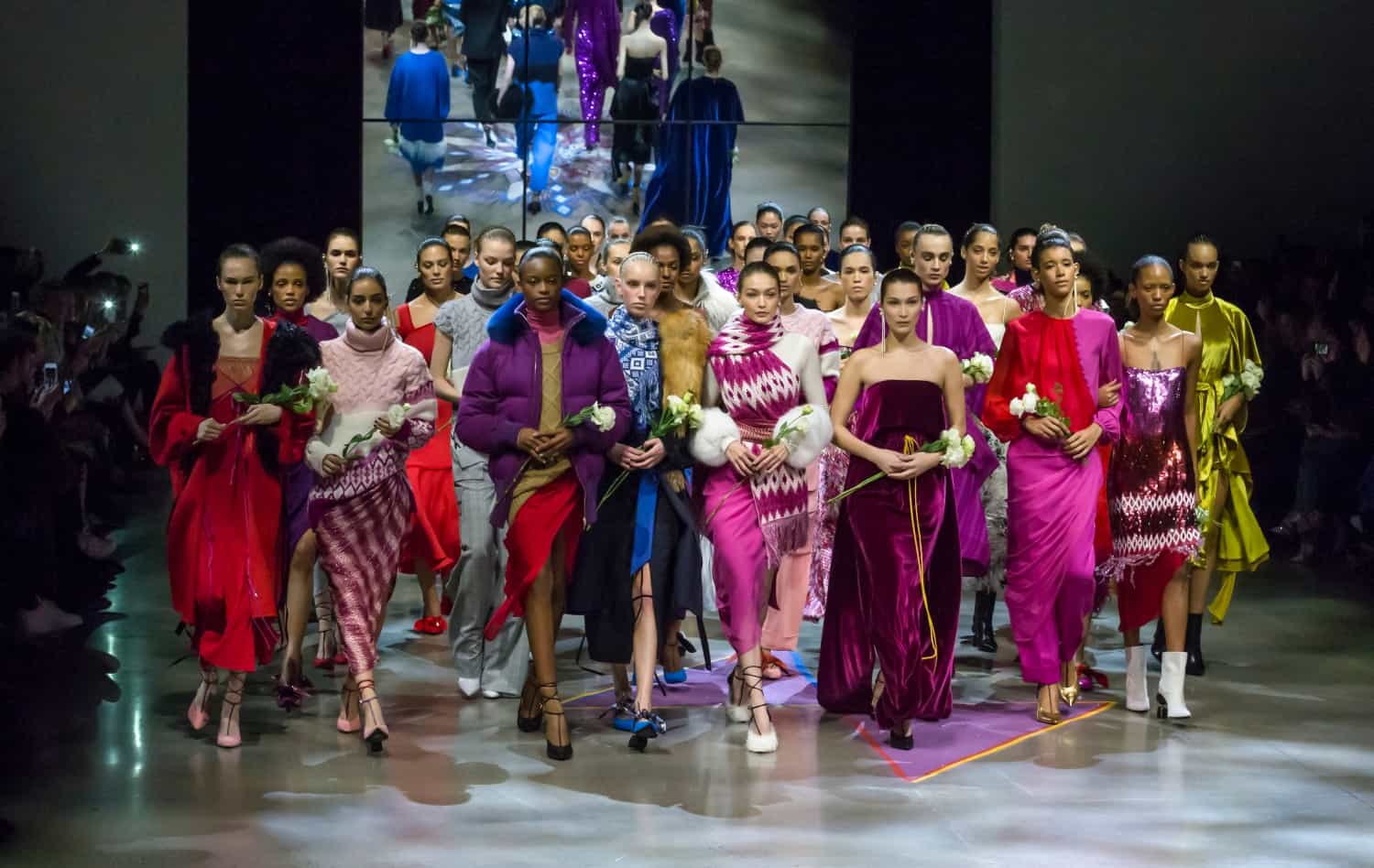BTS Look at Hermès Workshop: See How The Iconic Bags are Created



Seldom does it happen that a brand becomes known for just one product it makes, almost taking the name of the parent brand. The Birkin and Kelly bags, both produced under Hermès Bags, are living proof of this. The credit definitely goes to Hermès Bags and their unique craftsmanship that has witnessed such a scenario not once but twice, whereby its luxury bags have become a metonym for the brand. To produce a luxury bag of such value is to invest hours of dedication and hard work towards manufacturing it. This is exactly why Hermès workshops are exemplary. They not only treat the products as status symbols that they are but more so as an education in the arena of leather craftsmanship.
Details of Hermès Bags

The Kelly handbag produced by Hermès became a household name and had every justifiable reason for being so. If its unique design is broken down, we would have multiple details that require hours of work. As per the Vice President of Hermès Bags International, Olive Fournier, the Kelly handbag is probably the most complex of all of their handbags. According to him, if an artisan has achieved mastery over the Kelly design, they can easily pull off any other Hermès bag design. He categorically mentions in an interview: “The Kelly bag is one of the most complex bags we have in terms of our savoir-faire or know-how, which is really based on the tradition of saddlery and harnesses.” What makes the design of the Kelly handbag unique is its sleek top flap, crisp shoulder panel, and petite single handle, which is probably the single most distinguishing factor between the Kelly and Birkin bags, the latter having a double handle. It requires fifteen to twenty hours and 36 varied pieces of leather to complete a Kelly handbag. The artisan also has to deal with a bunch of metal parts in order to create a bag.
Hermès Workshops
Hermès is a brand that has had a rich cultural history spanning almost two centuries. Every single stitch in every Hermès bag means something. As detailed in an article by Vanity Fair, if a stitch were to represent a sentence in the history of Hermès, then its workshops would definitely be the rules of grammar defining the syntax of those sentences. Hermès history started with the German harness maker Thierry Hermès founding the present company in Paris in the year 1837. Its manufacturing workshops form an integral part of the Hermès brand name.
There are Hermès workshops all over the world, and France alone hosts fifty-one of them. These are spaces where the knowledge of craftsmanship is passed down from one generation of artisans to the next. The company opened its newest workshop at Saint Vincent de Paul, which lies in the pastors of Bordeaux, and it serves as a perfect example of how legacy is preserved through craftsmanship. As many as about 200 artisans are trained in a group within these workshops where they are taught to select, cut, perfect, burnish and, most importantly, stitch leather and turn them into the Hermès creations, which are sold at their flagship stores. Hence the artisans undergo rigorous training even after the difficult rounds of the recruitment procedure, just to ensure that there is no lacuna in the quality of the handbags produced.

Like an artisan named Emile said, who joined the brand in 2015, “There is a little bit of soul in every bag.”
When it comes to setting a theme for themselves, the only maxim that Hermès follows is luxury can only be defined as a luxury when it can be repaired. The Hermès workshops always perform the ritualistic procedure of repairing parts or even the whole. This is why Hermès bags have resale value. There are fifteen dedicated workshops of Hermès that carry out repairing tasks. Hermès has been reported to repair almost 120,000 of its own products every year, which is a huge amount. They have even repaired something as old as 30 years.
The vice president of the company mentioned that every time a new workshop opens for Hermès, the artisans are trained under eighty master trainers, who are basically artisans who have completed eight years of experience of working at Hermès or even more. The training process takes about eighteen months, divided into two halves. The first half includes verbal training, while the second includes the application of theoretical knowledge at the benches.
Conclusion
What is most remarkable about Hermès workshops is that it does not resist change. With the influx of newer machinery and technologies, Hermès has never taken the rigid stance of sticking to their handicraft. They have always been open to newer materials and newer techniques which has helped assert the perennial popularity of the brand over centuries.
On a concluding note, we at Fashinza help fashion brands and independent designers connect with the most brilliant apparel manufacturers. Whatever your requirements, we’ll help you find a manufacturer that fits in perfectly. Besides, our complete ownership of the process from delivery to design will allow you to rest assured. Visit us here now!



















